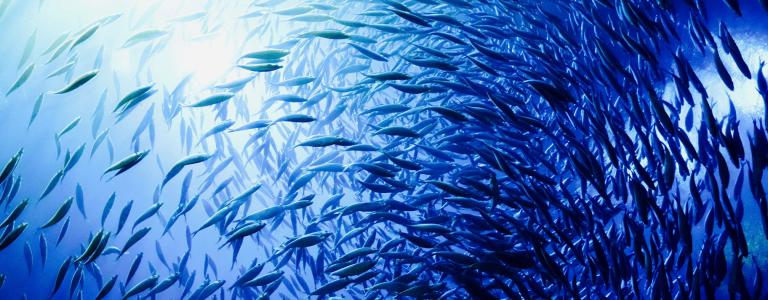EU Accepts WTO Deal on Fisheries Subsidies
The European Union has formally accepted the historic WTO Agreement on Fisheries, which aims to ban subsidies that encourage overfishing and threaten the sustainability of fish stocks worldwide. By aligning with this commitment, the EU joins a handful of other countries, like the United States, Canada, and Switzerland.
The European Union has approved a World Trade Organization (WTO) agreement banning harmful fisheries subsidies, joining a handful of other countries, including the United States, Canada, and Switzerland.
“On 25 May 2023, the Council adopted a decision approving, on behalf of the EU, the conclusion of a WTO protocol establishing a fisheries subsidy agreement,” the European Council said in a press release.
After more than two decades of negotiations aimed at banning subsidies that encourage overfishing and threaten the sustainability of fish stocks worldwide, the Agreement on Fisheries Subsidies was adopted at the WTO’s 12th Ministerial Conference in Geneva last June.
The accord sets “new binding, multilateral rules to curb harmful subsidies, which are a key factor in the widespread depletion of world’s fish stocks” and further dives into subsidies contributing to illegal, unreported, and unregulated fishing, with a 2-year exemption for developing countries within their exclusive economic zones, or 200 nautical miles.
For the historic agreement to become operational, two-thirds of the WTO’s 164 members must deposit their “instruments of acceptance” with the WTO. Members also agreed at the ministerial conference to continue negotiations on outstanding issues, with a view to making recommendations by the next conference for additional provisions that would further enhance the disciplines of the agreement.
The United States accepted the agreement in April, and Canada and the United Arab Emirates followed suit in May. Iceland, Seychelles, Singapore, and Switzerland have also formally accepted the deal. And on June 27, China also ratified the accord.
“This is a very positive step for sustainable development and a very positive step forward by the EU. I really hope that more WTO members will follow,” Swedish Trade Minister Johan Forssell told reporters in Brussels, according to Agence France Presse.
You might also be interested in
COP 29 Outcome Moves Needle on Finance
In the last hours of negotiations, concerted pressure from the most vulnerable developing countries resulted in an improved outcome on the finance target, with a decision to set a goal of at least USD 300 billion per year by 2035 for developing countries to advance their climate action.
Why Trade Matters in the Plastic–Pollution Treaty Negotiations
The global push to end plastic pollution by 2040 highlights the critical intersection of trade and environmental action, with upcoming INC-5 negotiations focusing on reducing plastic production, consumption, and waste within a fair and effective international framework.
The United Kingdom, New Zealand, and Colombia Join Coalition to Phase Out Fossil Fuel Subsidies
Today on the sidelines of the UN Climate Conference in Baku (COP 29), the United Kingdom, New Zealand, and Colombia joined the international Coalition on Phasing Out Fossil Fuel Incentives Including Subsidies (COFFIS).
The WTO and Fisheries Subsidies: Where are we, exactly?
What are the latest developments in WTO fisheries subsidies negotiations, focusing on marine conservation, community impact, and sustainable fishing practices? Tristan Irschlinger offers a comprehensive overview explaining key aspects of the agreement, ongoing discussions, and what’s at stake for global fishery sustainability.
